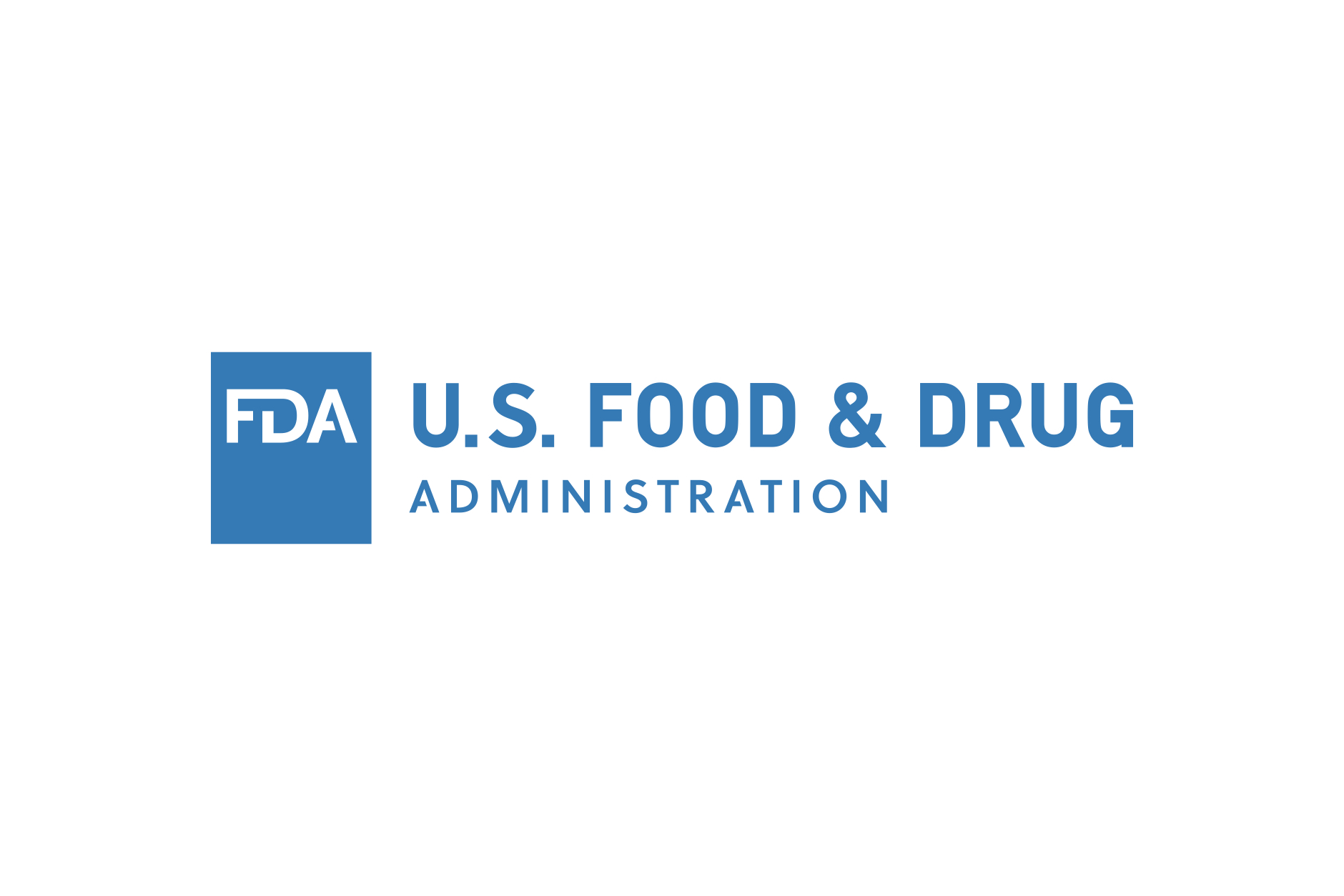The U.S. Food & Drug Administration’s (FDA) regulation of online tobacco retailers has come under scrutiny in a new report issued this month.
In its report, the U.S. Department of Health and Human Services (HHS) Office of Inspector General (OIG) found that FDA issued warnings to online sellers of tobacco and vaping products but did not take further enforcement action such as fines or no-sell orders for these online retailers.
It should be noted that this report talks almost exclusively about e-cigarettes and vaping products—described as electronic nicotine delivery systems (ENDS)—and it never mentions the word “cigar” throughout its 29 pages. That said, many cigar retailers have been issued warnings for selling tobacco products to underage buyers, both through in-person and non-face-to-face transactions conducted through undercover buys.
FDA has spent more than $430 million since 2009 issuing contracts to both state and territorial agencies as well as third-party contractors to perform undercover purchases of tobacco products. These contractors will review a list of tobacco retailers in the area they are contracted for, identify retailers that are less likely to be in compliance and then can have an underage individual purchase a tobacco product. Those purchases are used as evidence of retailer violations, which result in warnings, fines and a potential suspension of the ability for a retailer to sell tobacco products.
Where the OIG’s report is most critical is regarding the latter points. While FDA issued warning letters to 899 online retailers from 2010-2020, the OIG report found that FDA “took no enforcement actions.”
Warning letters are supposed to be used for the first violation, but a second violation within a one-year period can result in a civil monetary penalty, i.e. a fine, of up to $320.
As of March 2022, the full enforcement schedule as is follows:
- First Violation — Warning Letter
- Second Violation Within a 12-Month Period — Fine of up to $320
- Third Violation Within a 24-Month Period — Fine of up to $638
- Fourth Violation Within a 24-Month Period — Fine of up to $2,559
- Fifth Violation Within a 36-Month Period — Fine of up to $6,398
- Sixth Violation Within a 48-Month Period — Fine of up to $12,794
- Five or more repeated violations within 36 months— No-tobacco-sale order of 30 calendar days or six months or permanent
It should be noted that FDA has issued civil monetary penalties to many cigar retailers, but given this report, it would appear that all of those were the result of purchases made in-store, not online. The report criticizes FDA’s lack of transparency, which it argues makes it difficult to track FDA’s performance.
FDA sent a letter to the OIG in response to a draft of this report. In the reply, FDA did not dispute the report’s claims that FDA did not take enforcement actions against the online sellers in the time period listed.
The report recommended FDA, at a minimum, make four changes:
- Collaborate with ATF on oversight of online tobacco retailers
- Complete its rulemaking on non-face-to-face sales of tobacco products, as required by the Tobacco Control Act
- Collect data to support process and outcome measures for its oversight of online tobacco retailers
- Publish information and performance data on its oversight of online tobacco retailers
FDA agreed with the first and fourth recommendations and said that it is in the process of making those changes. For example, it said that it plans to have a website for performance data published by March 2023. In regards to the second and third recommendations, FDA was non-commital about the recommended changes.
This report is separate from a larger review of FDA’s Center for Tobacco Products (CTP), the division that is responsible for tobacco regulation. In July, Dr. Robert M. Califf—FDA’s commissioner—requested an external review of FDA’s CTP and its food programs following very public mishaps in regard to the regulation of Juul, a vaping product, and a shortage of baby formula.
The Reagan-Udall Foundation, which is tasked with leading these reviews, published its review of the food programs earlier this week. It has yet to publish the report regarding CTP.
In July, as part of a lawsuit brought by three cigar trade groups against FDA, the U.S. District Court for the District of Columbia ruled against FDA regarding its regulation of premium cigars. The final order of that lawsuit is still pending, but the outcome of that case could remove premium cigars from FDA regulation altogether, requiring the agency to restart the process of getting premium cigars to be regulated.
One possible outcome of this litigation could be a scenario where FDA is unable to regulate most premium cigar manufacturers because their products would be exempt from regulation. However, regardless of whether premium cigar manufacturers are regulated, most retailers selling premium cigars likely sell other products that would still be regulated by FDA such as flavored cigars, mass-market cigars, pipe tobacco, cigarettes or vaping products. If that is the case, those retailers would still be subject to FDA regulation.


